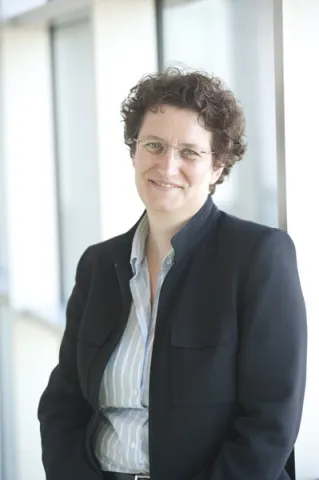Project overview
Life course events related to fertility, partnerships and death are the result of processes that have occurred over multiple generations. This project combines knowledge from molecular genetics, genetic genealogy, demography and sociology with administrative and historical records to ask new questions about how generations and kinship networks are connected.
This project makes use of novel intergenerational data containing genetic, social and health information for multiple generations, such as NHS 'Our Future Health' data, and 'Familinx' crowd-sourced genealogy data. These data include demographic information and key life course events for 86 million individuals, and genealogical data on 43 million individuals with lineage, demographic characteristics and selected additional traits. It is complemented by data from the ERC-funded social business enterprise DNA4Science, which crowdsources genetic, family tree genealogy, social survey, wearables and social media data. These research will also use historical micro-data records to enable the examination of intergenerational transmission. The project will address the relative contribution of genetic and socio-environmental elements to key life course outcomes related to fertility, mortality, education and occupation.
This research will shed light on how life course timings and trajectories persist and change over generations and how these may be driven by social environmental and biologically inherited family factors. The findings will inform current policy discussions within DWP and DfE, especially around interventions and the 'levelling up' agenda.
This research project is funded through the ESRC Centre for Population Change Connecting Generations, directed by Professor Jane Falkingham. This project is led by Professor Melinda Mills (University of Oxford).
This project makes use of novel intergenerational data containing genetic, social and health information for multiple generations, such as NHS 'Our Future Health' data, and 'Familinx' crowd-sourced genealogy data. These data include demographic information and key life course events for 86 million individuals, and genealogical data on 43 million individuals with lineage, demographic characteristics and selected additional traits. It is complemented by data from the ERC-funded social business enterprise DNA4Science, which crowdsources genetic, family tree genealogy, social survey, wearables and social media data. These research will also use historical micro-data records to enable the examination of intergenerational transmission. The project will address the relative contribution of genetic and socio-environmental elements to key life course outcomes related to fertility, mortality, education and occupation.
This research will shed light on how life course timings and trajectories persist and change over generations and how these may be driven by social environmental and biologically inherited family factors. The findings will inform current policy discussions within DWP and DfE, especially around interventions and the 'levelling up' agenda.
This research project is funded through the ESRC Centre for Population Change Connecting Generations, directed by Professor Jane Falkingham. This project is led by Professor Melinda Mills (University of Oxford).
